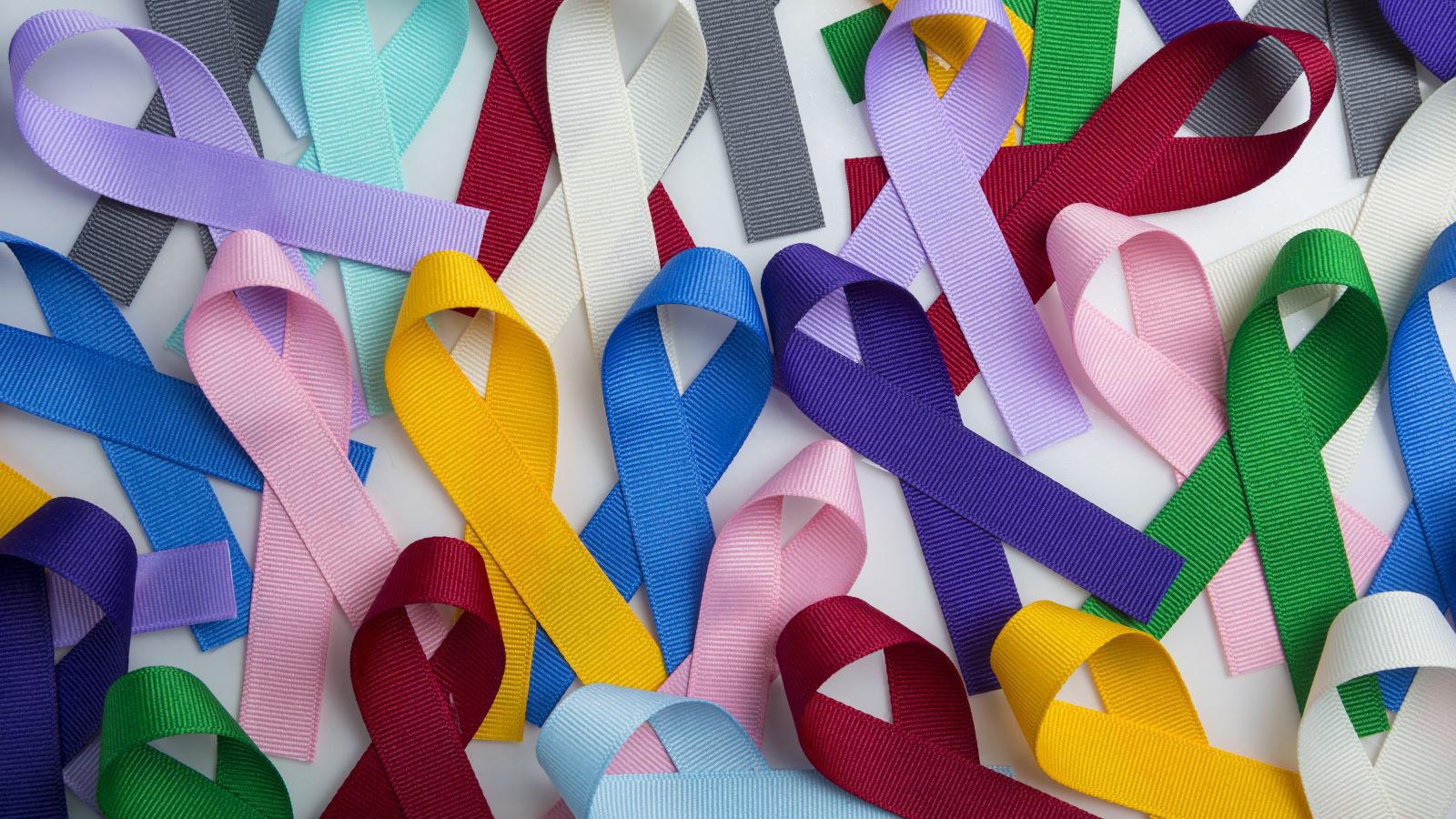The fight against cancer doesn’t always end with the last dose of chemotherapy or radiation, or even when the doctors say you’re cured.
For many survivors, the fear of cancer recurrence can be a lifelong battle.
“It’s something almost everyone experiences to varying degrees,” says Moriah Thibodeau, LCSW, a clinical social worker with the Hartford HealthCare Cancer Institute.
Thibodeau explains why that fear is normal, and more importantly, what you can do about it.
Fear of cancer recurrence is normal.
It’s very natural and understandable to be afraid of getting cancer again. That’s because it stems from your initial reaction to diagnosis months or even years earlier, Thibodeau explains.
“Being told you have cancer can be traumatic. And it can cause you to have diminished trust in your own body,” she notes. “Living with uncertainty is one of the most challenging parts of a cancer diagnosis.”
The good news, she says, is there are ways to overcome these fears. And over time, they’ll hopefully become less overwhelming.
> Related: 5 Tips to Stay Healthy After Cancer
But that fear can have a negative impact on your day-t0-day life.
It may not always feel like it, but fear is an evolutionary process that protects us from danger.
“Your body activates the sympathetic nervous system when there’s an event we perceive as stressful or frightening. This triggers the automatic ‘fight or flight’ response, allowing us to prepare to face the threat or flee from it,” Thibodeau says.
But when your internal alarm over-fires, it can leave you in a constant state of hyperarousal and stress, even when there’s no real threat.
“After a cancer diagnosis, this response can be triggered by a new pain, ache or physical sensation, or other external stimuli, resulting in distress,” she continues.
The results can be:
- Increased emotional distress
- Anxiety disorders
- Intrusive thoughts
- Decreased ability to plan for the future
- Increased healthcare expenses to see doctors more often for reassurance
> Want more health news? Text StartHere to 85209 to sign up for text alerts
7 ways you can work through your fear of cancer recurrence.
While it can be hard to live with uncertainty, there are coping skills you can use to recognize and manage your fears, Thibodeau says.
“I know it is much easier said than done, but managing feelings about uncertainty can help you live a full life,” she says. “It can help to try and focus attention and energy on what is within your power and be in the ‘here and now.’”
Try doing that by:
- Maintaining a regular sleep schedule.
- Engaging in hobbies or activities that make you happy.
- Connecting with people and building support networks.
- Following up with healthcare providers as recommended.
- Connecting with a survivorship team and/or mental health professional to process your feelings, fears, etc.
- Practicing mindfulness and meditation.
- Using diaphragmatic breathing to balance the nervous system.
“At first, this can be challenging, especially in our fast-paced world. But, with practice, it can start to feel more natural,” Thibodeau says.
Find support that works for you
If you’re dealing with fear, know that you’re not alone. And support groups can help decrease feelings of isolation and provide a space where you can work through fear with people who share your experience.
And if group therapy isn’t for you – you may still benefit from professional help.
“Some people don’t enjoy a group setting, or find it’s not a good fit for their emotional needs. If that’s the case but you want emotional support, consider individual therapy to process your specific fears/worries, or connect with your oncology social worker,” Thibodeau says.


